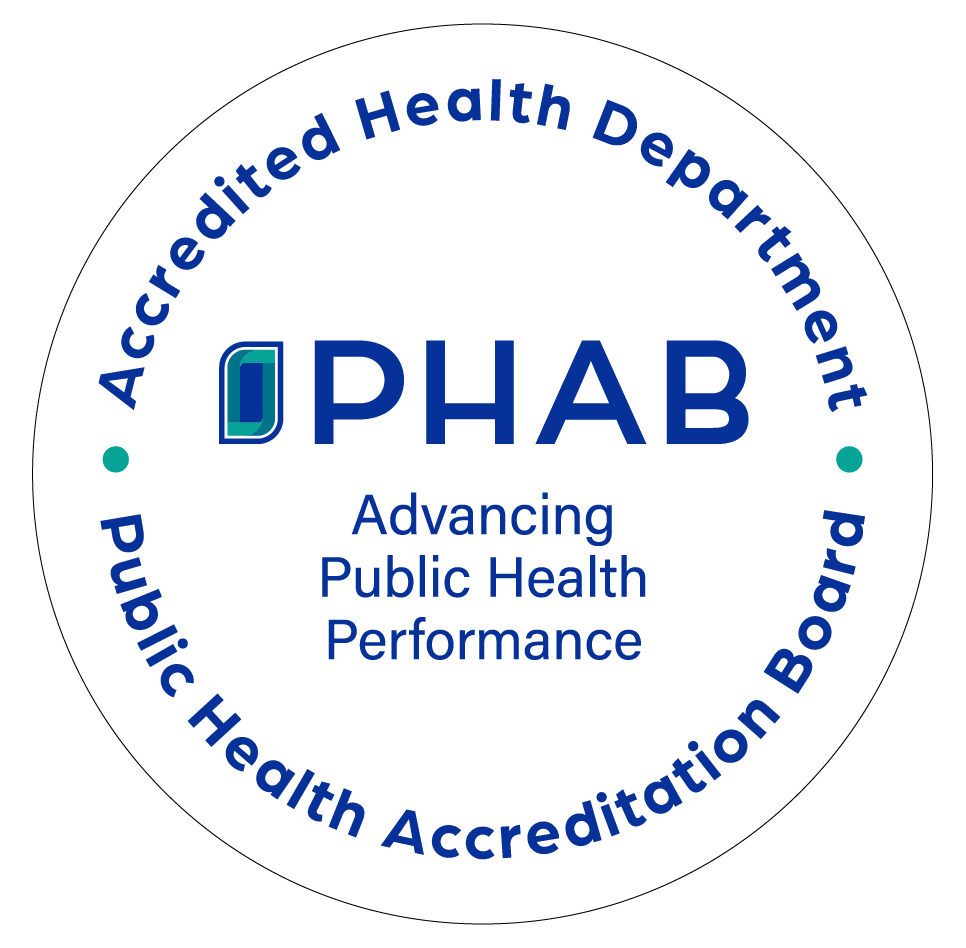Program Overview
IC 16-41-22 establishes the minimum standards for Mass Gatherings. The Mass Gathering Act, administered by local officials, requires a license issued by the local Sheriff once the promoter of the event demonstrates compliance with the Act. The Act also serves as a guide to health and safety issues for large events that do not meet the definition of a Mass Gathering. The act prohibits a person from permitting, maintaining, promoting, conducting, advertising, acting as an entrepreneur, undertaking, organizing, managing, or selling or giving tickets to an actual or a reasonably anticipated assembly of at least five thousand (5,000) people that continues or can reasonably be expected to continue for at least eighteen (18) consecutive hours, whether on public or private property unless a license to hold the assembly has first been issued by the appropriate law enforcement official of the unit in which the assembly is to gather.
The act does not apply to a regularly established, permanent place of worship, a stadium, an athletic field, an arena, an auditorium, a coliseum, or other similar permanently established place of assembly for assemblies that do not exceed more than two hundred fifty (250) people the maximum seating capacity of the structure where the assembly is held. It also does not apply to government-sponsored fairs held on regularly established fairgrounds or to assemblies required to be licensed by other statutes or ordinances. It does not apply to local or regional festivals, celebrations, or events that are held on an annual or regular basis and that were observed or celebrated at least two (2) times before January 1, 1973. And to assemblies that are held on land owned or leased by the state or the federal government.
Directories
Pre-approved Automatic Hot Water Temperature Control Valves
Pre-approved Exterior Drinking Fountains and Yard Hydrants - or - PDF.
Many frost-proof hydrants and exterior drinking fountains allow for possible back-siphonage of contaminated water into a water distribution system. Therefore, approved non-freeze, non-polluting sanitary exterior drinking fountains and yard hydrants are required to be installed in facilities that are reviewed by this program.
Pre-approved Exterior Water and Sewer Piping - or - PDF [20 KB]
Pre-approved Manufactured Septic Tanks - or - PDF
Water microbiology laboratories (Indiana-certified)
Public water supply samples are required to be tested by a certified laboratory.
Forms and Applications
Order Form for Drinking Water Sample Bottle
Anyone can submit a drinking water sample for sodium, fluoride, nitrate, or bacteriological analysis by the IDOH Laboratory. The IDOH laboratory will provide a sterilized sample bottle with shipping form and container, upon payment of the necessary fee.
Laws and Regulations
IC 16-19-3 Powers and Duties of Indiana Department of Health and Executive Board
IC 16-20-1-25 Unlawful conditions; abatement order; enforcement (Public health nuisances)
IC 16-41-22 Health Sanitation and Safety. Mass Gatherings
IC 16-41-22 Health Sanitation and Safety. Mass Gatherings (PDF Version)
Program Information and Policies
Bulletin S.E.11 - The Sanitary Vault Privy
A planning guide including minimum requirements for the construction of vault privies.
Diseases Caused by Sewage or Sewage Contaminated Water - or - PDF Version
Frost-free Hydrants
Frost-proof (or freeze-free) hydrants with stop and waste valves which, when turned off, drain back and discharge through subsurface outlets are not approved for use in public facilities. This policy relates to water distribution systems serving properties and commercial facilities under the jurisdiction of the Indiana Department of Health.
Hand Washing.
Information on why handwashing is important; how diseases are spread; when hands should be washed; the proper way to wash hands; and how hand washing can protect you and your family.

